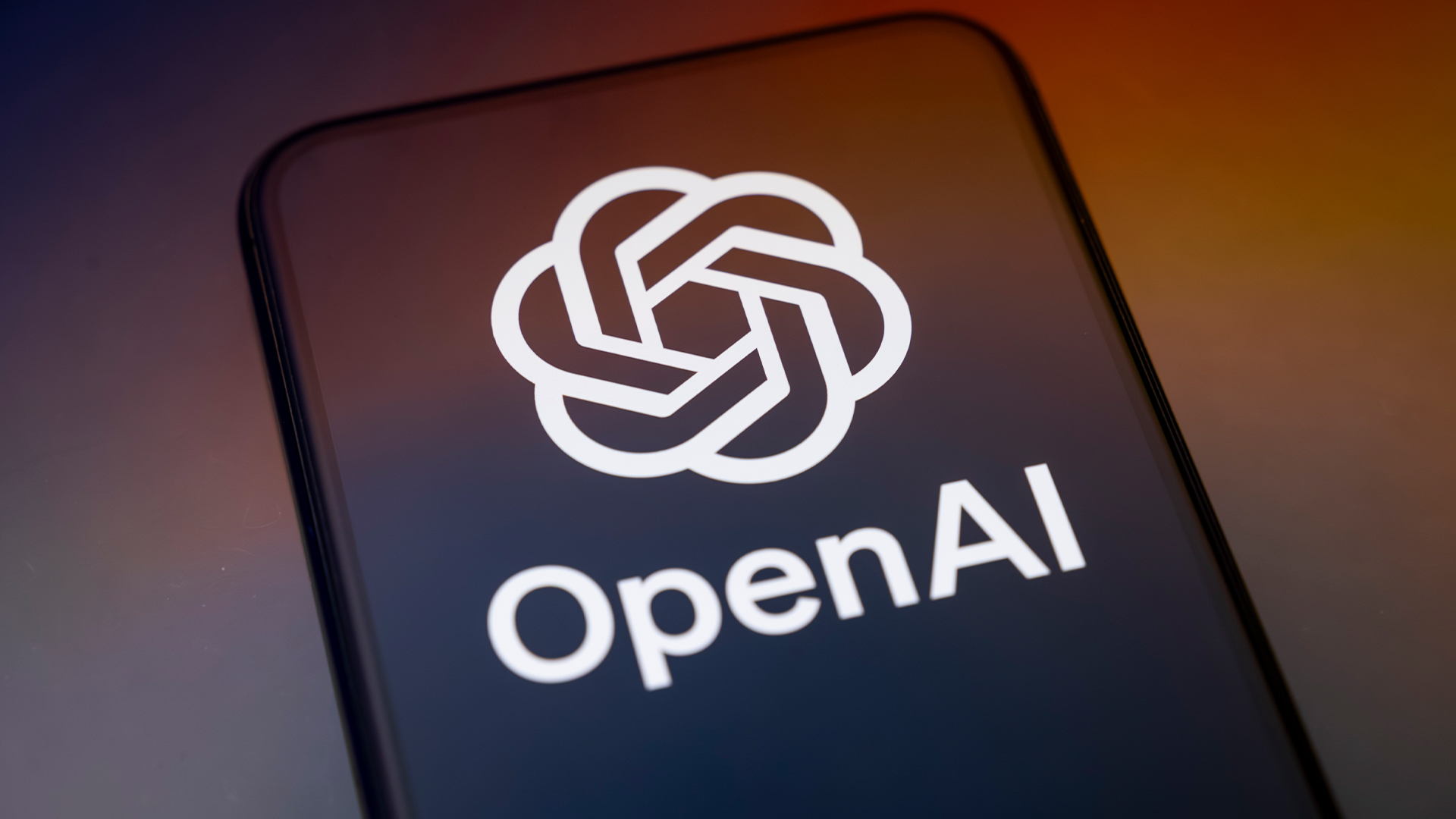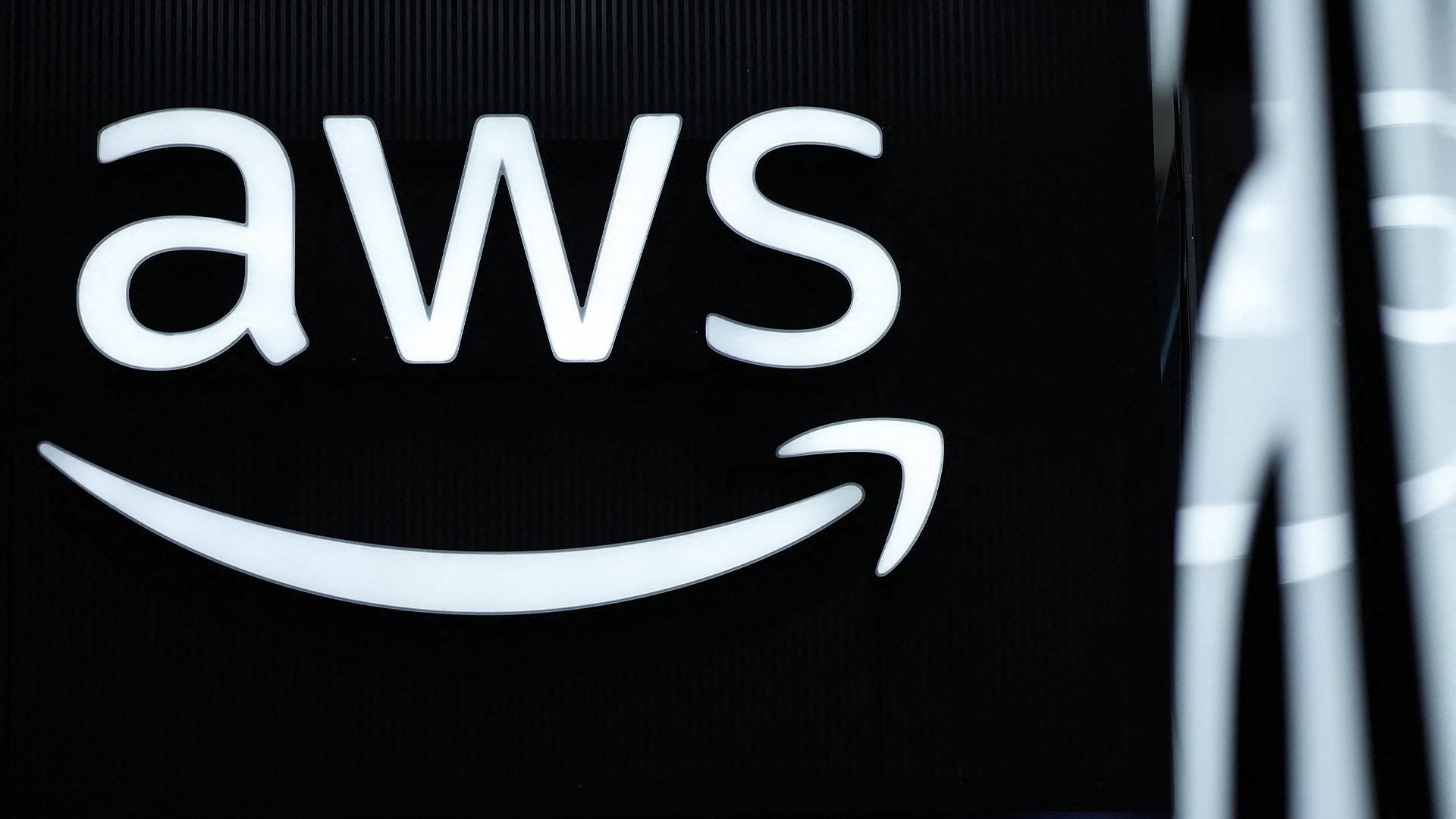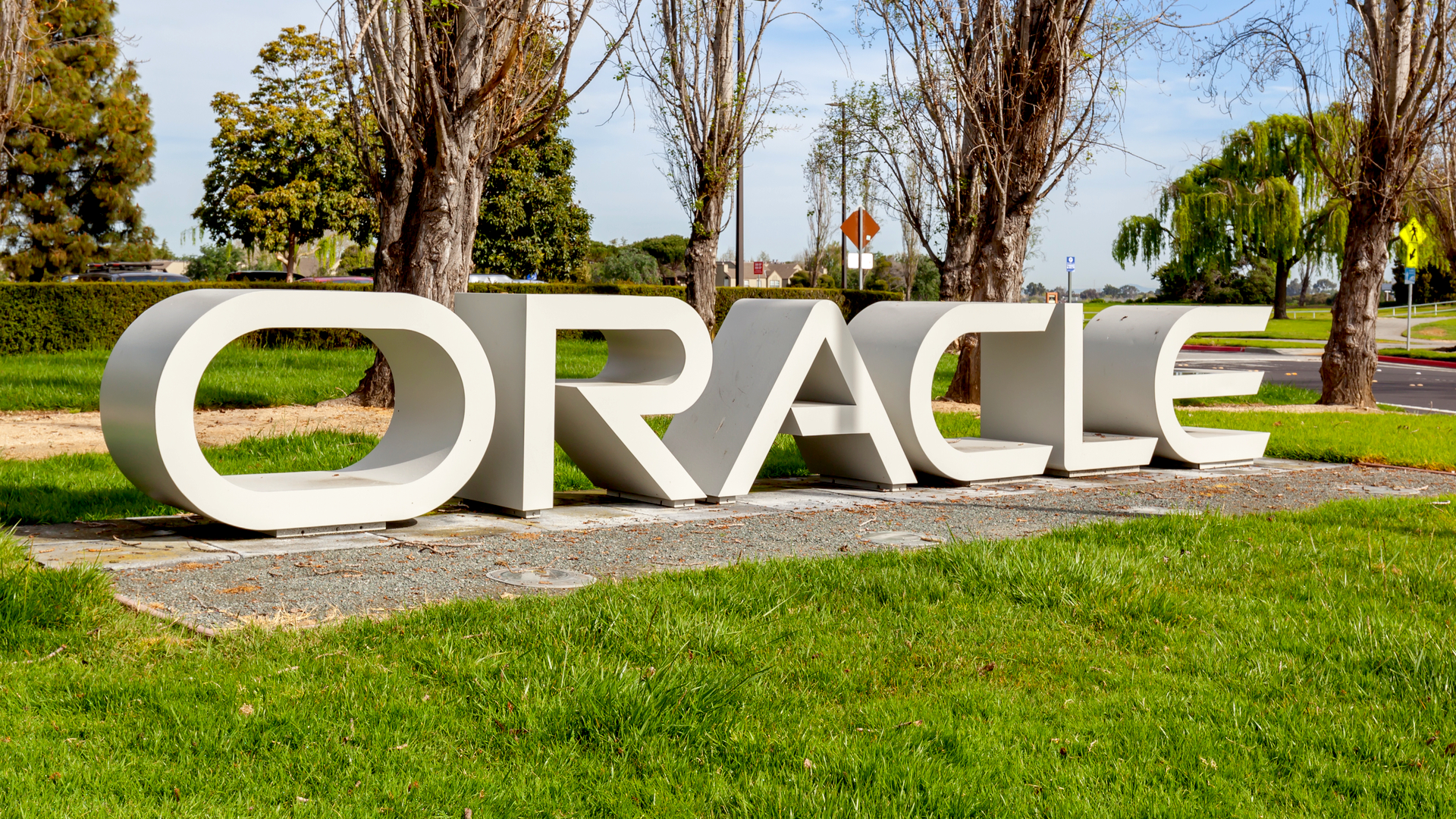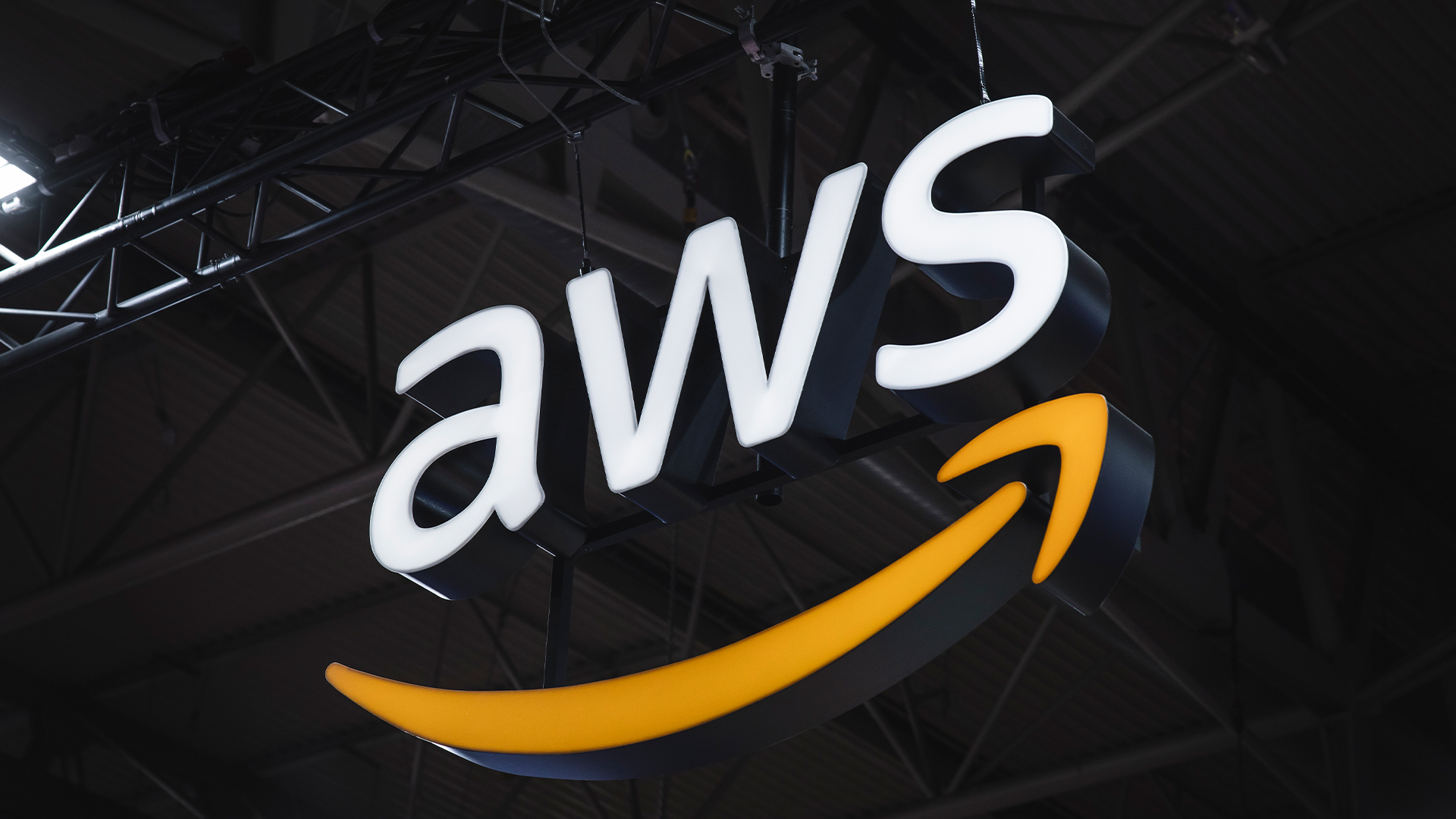Oracle beefs up Exadata and partners with Amazon
Hurd unveils database array and users can now deploy Oracle to EC2.

Oracle has revealed upgraded hardware and added support for Amazon cloud services at its OpenWorld conference in San Francisco this week.
The company's new co-chief executive (co-CEO), Mark Hurd, took to the stage to detail upgraded Exadata data processing appliances on the day HP dropped its court case against him.
The Database Machine X2-8 and X2-2 follow on from previous releases, but add higher processing speeds and larger-capacity storage. The X2-8 is supplied as a full rack only and the X2-2 comes in a choice of configurations, scaling from a quarter rack to a 42-unit full rack.
Hurd said about data warehousing: "The data volumes now are huge and they're going to keep getting bigger. As they grow rapidly you're going to need more and more power. [You'll need] beefier processors in the database to handle yet more users: two Intel eight-processor servers, which means you have 128 cores in this eight processor system."
The Exadata Database Machine X2-8 is aimed at very large OLTP and Data Warehousing applications and comprises two eight-socket database servers. The X2-2, an update to the former V2, has eight two-socket database servers. Both systems also include 14 Oracle Exadata Storage Servers with InfiniBand switches.
The Exadata Servers have 168 cores with up to 336TB capacity and Smart Flash Cache can hold up to 5TB of frequently accessed data to improve transaction response times with high throughput.
Oracle also announced a deal with Amazon to allow Oracle customers to fully deploy their software on Amazon's Elastic Compute Cloud (EC2) service. Previously, the company had suggested customers should use EC2 for development and testing instances only.
Sign up today and you will receive a free copy of our Future Focus 2025 report - the leading guidance on AI, cybersecurity and other IT challenges as per 700+ senior executives
Oracle said it would support and certify its database, E-Business Suite, PeopleSoft Enterprise, Siebel CRM, Fusion Middleware, and its Linux distribution on Amazon. The proviso is the software should be wrapped as Oracle VM virtualised instances rather than EC2's. Oracle will not charge for moving licenses across.
Deployments to EC2 will be enabled using Amazon Machine Images (AMIs). The Oracle-specific AMIs will cover the database, Linux, E-Business Suite and Fusion Middleware.
This fits well with the announcement on Sunday of the Exalogic Elastic Cloud, Oracle's modularised internal cloud hardware. Customers can deploy to Exalogic and move suitable facilities to EC2.
-
 Former Google engineer convicted after stealing AI, supercomputing secrets
Former Google engineer convicted after stealing AI, supercomputing secretsNews Linwei Ding told Chinese investors he could build a world-class supercomputer
-
 OpenAI sets February retirement date for popular GPT-4o model
OpenAI sets February retirement date for popular GPT-4o modelNews OpenAI has confirmed plans to retire its popular GPT-4o model in February, citing increased uptake of its newer GPT-5 model range.
-
 AWS targets cloud resilience and AI networking gains with new 'Fastnet' subsea cable
AWS targets cloud resilience and AI networking gains with new 'Fastnet' subsea cableNews Fastnet is set for deployment in 2028 and will link Maryland and County Cork with a line offering more than 320 terabits per second
-
 US Department of Energy’s supercomputer shopping spree continues with Solstice and Equinox
US Department of Energy’s supercomputer shopping spree continues with Solstice and EquinoxNews The new supercomputers will use Oracle and Nvidia hardware and reside at Argonne National Laboratory
-
 UK cloud infrastructure set for boost amid $5 billion Oracle investment
UK cloud infrastructure set for boost amid $5 billion Oracle investmentNews Oracle is set to invest $5 billion (£3.85 billion) to ramp up support for the UK’s cloud infrastructure capabilities.
-
 Stargate project: OpenAI, Oracle pledge support for $500 billion AI infrastructure drive
Stargate project: OpenAI, Oracle pledge support for $500 billion AI infrastructure driveNews US President Donald Trump has unveiled the launch of the $500 billion Stargate Project to expand US AI infrastructure in collaboration with OpenAI, Oracle, and SoftBank.
-
 AWS eyes ‘flexible’ data center expansion with $11bn Georgia investment
AWS eyes ‘flexible’ data center expansion with $11bn Georgia investmentNews The hyperscaler says the infrastructure will power cloud computing and AI growth
-
 Meta wants to join the big tech nuclear club
Meta wants to join the big tech nuclear clubNews Meta has become the latest big tech company to explore the use of nuclear energy to power data centers.
-
 Data centers will be critical to UK economic growth in the coming decade – but researchers have warned of a ‘data doomsday’ unless energy infrastructure is improved
Data centers will be critical to UK economic growth in the coming decade – but researchers have warned of a ‘data doomsday’ unless energy infrastructure is improvedNews With TechUK calling for improved grid connections and easier access to renewable energy, a new study warns that the world's entire electricity supply may not be enough
-
 Europe needs more energy and better grids to meet data center power demands in the age of AI
Europe needs more energy and better grids to meet data center power demands in the age of AINews Data center energy demands in Europe are set to triple by the end of the decade, and that means countries will need to boost investment in sustainable power sources and upgrade grid infrastructure.